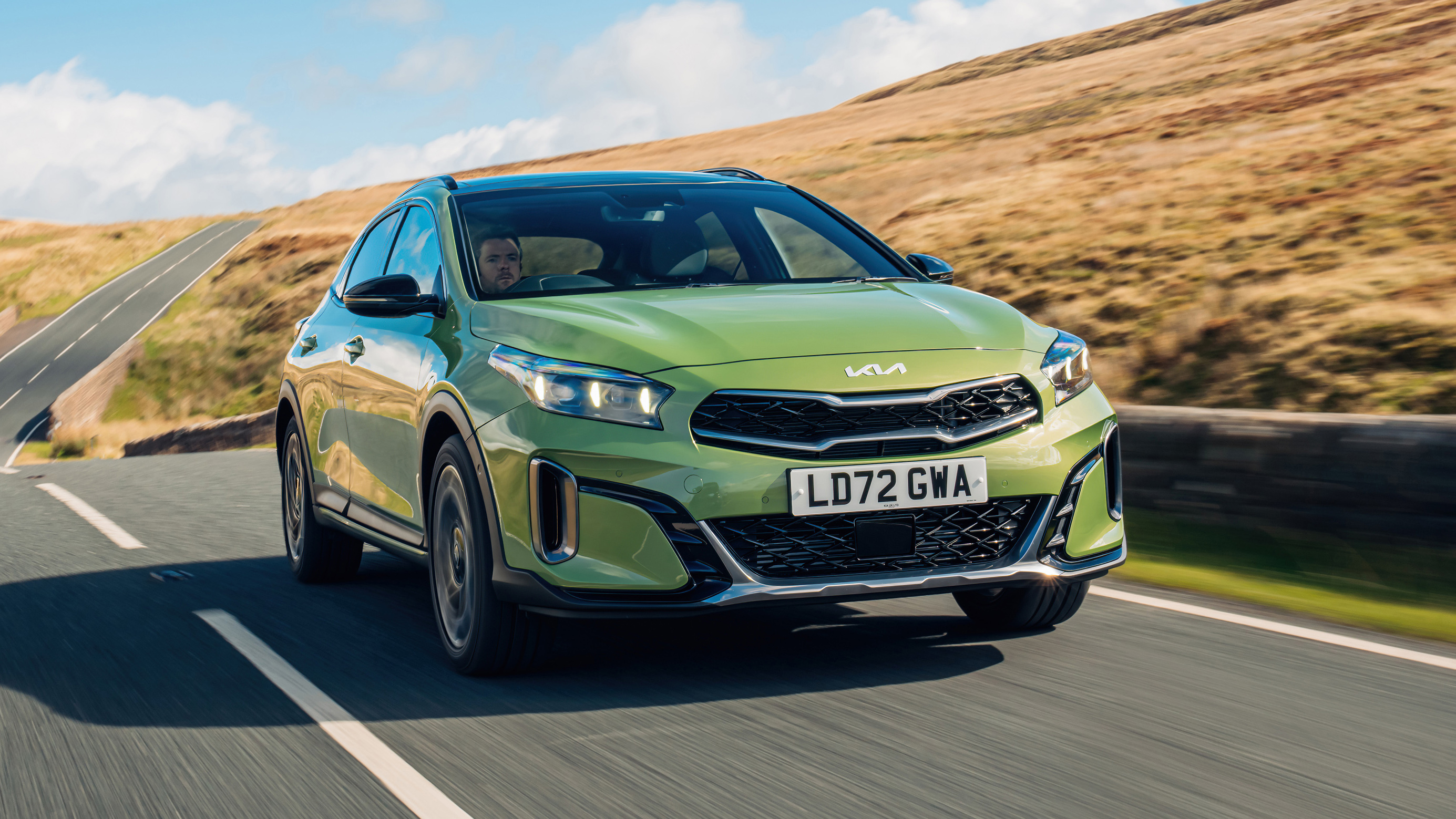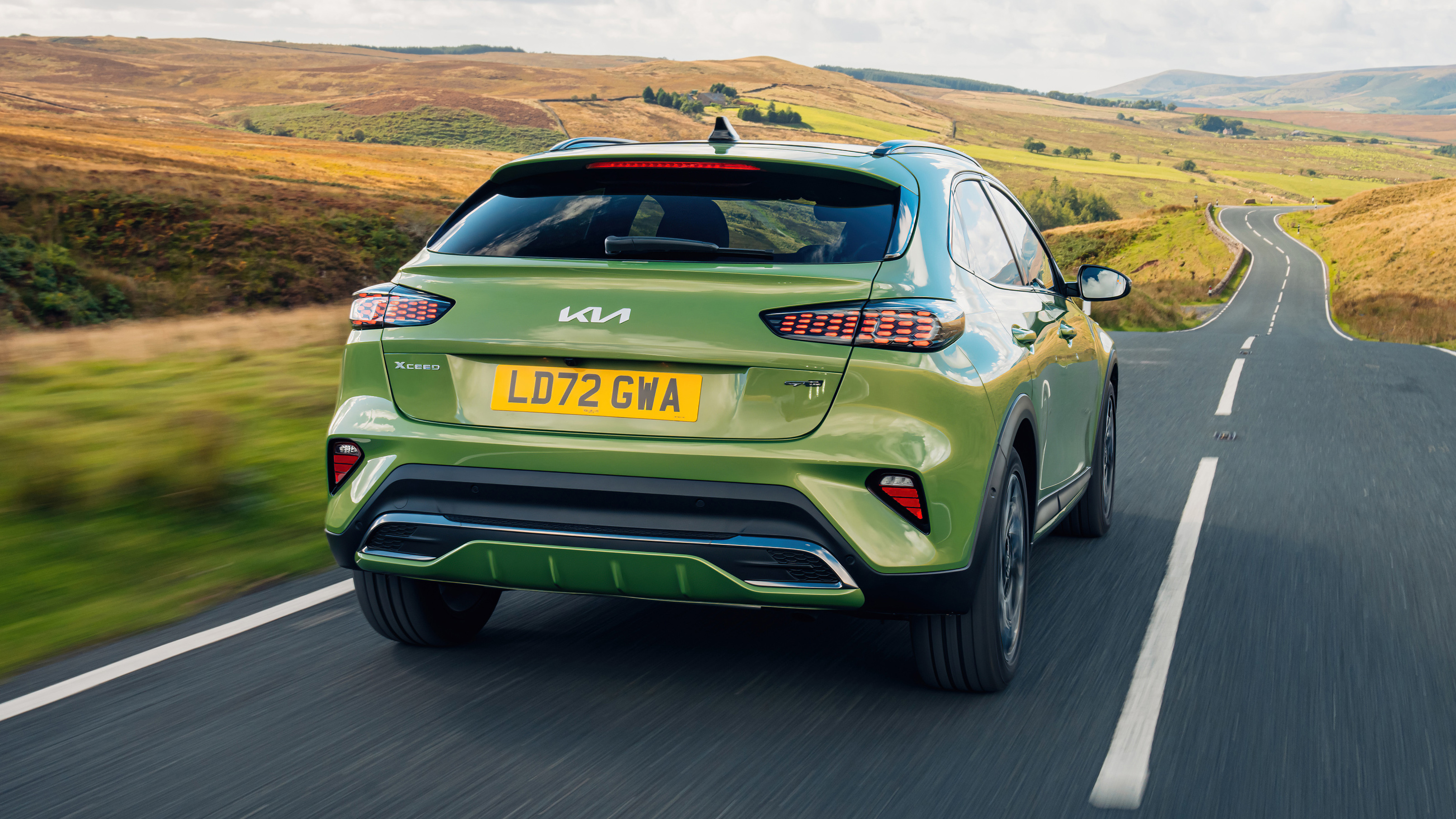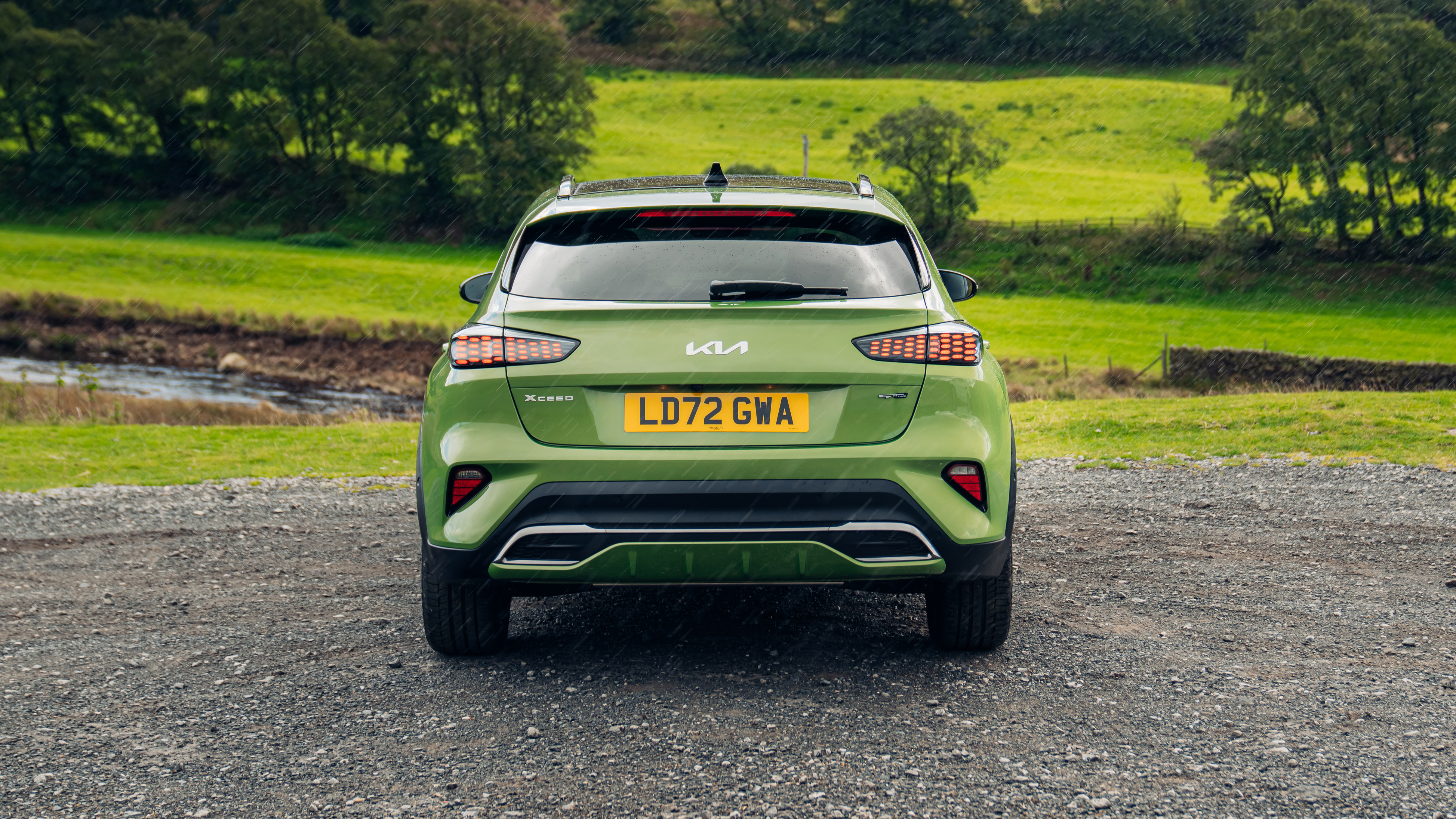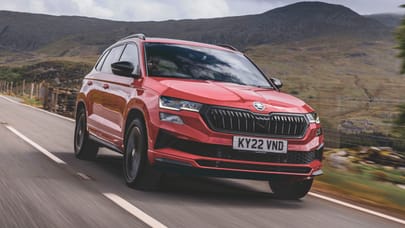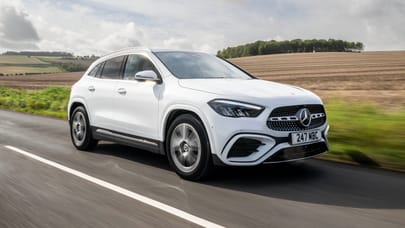
Good stuff
Better looking than a Merc GLA and comparatively much cheaper
Bad stuff
Do you really need a coupé-ified crossover hatchback on stilts?
Overview
What is it?
What is the Kia XCeed? That’s a trickier question to answer than it may initially seem. Essentially, as the name suggests, it’s a Ceed hatch that has been raised by 44mm to create an almost-crossover. We say almost, because Kia already sells the Sportage as a crossover and the Sorento as a full-size SUV.
So, it’s smaller than the Sportage, but bigger than the Ceed hatch (although the wheelbase is the same). Surely that puts it firmly in the path of Kia’s own Stonic and Niro, though? Well, fear not, because the XCeed has a coupé-ified roofline to differentiate it entirely. Yeah, it’s a niche niche.
So this is a fashion accessory first and foremost?
Basically. On the styling front, Kia has done a fairly good job. Where Mercedes seemingly struggled with the similarly-sized GLA, Kia has managed to give the XCeed some SUV-style properties without ruining the looks. The plastic cladding and chunky roof rails play the biggest part here. It still bears a resemblance to the rest of the Ceed family too (remember the ProCeed estate exists as well), but it’s more angular and angry-looking – only the front doors are shared between them. Although points are docked for those terribly fake exhaust exits.
Despite what the cladding may suggest, the XCeed is still front-wheel drive only. When it first went on sale in the UK your entry-level powertrain was a 1.0-litre petrol, with a beefier 1.4 available alongside a pair of 1.6-litre diesels.
That’s no longer the case is it?
Nope. The 2022 facelift phased in a new choice of engines: you can either have a 1.5-litre turbo petrol generating 158bhp via a six-speed manual gearbox, or you can have a 1.6 plug-in hybrid with a six-speed auto that ropes in an electric motor to produce… 139bhp. Nope, we don’t understand the maths there either.
Entirely bucking the trend of PHEV models being ludicrously powerful and accelerative, the plug-in hybrid ambles to 62mph in 10.6 seconds from a standstill, while the perky 1.5 manages 8.7s. Though at least with the plug-in you get an 8.9kWh battery and 30 miles of emissions-free range with which to lower your obligations to the local forecourt and HMRC. You win some, you lose some.
And diesel? No longer part of the equation, sorry.
Anything else to note post-facelift?
The interior has been given a minor lift (the latest version of Kia’s infotainment is very good indeed), but the basic set-up is unchanged. And that’s fine with us because it’s one of the easiest layouts to get along with of just about any new car; just the right mix of screenage and buttons for the important stuff.
There’s also a new bells-and-whistles top-spec GT-Line S trim with more gadgets in it than you’d find in a branch of Currys.
What's the verdict?
Essentially, you’ll buy an XCeed because you like the looks, so it’s clear to see why Kia has gone all out on the design and changed so many panels from the hatch.
It’s sprung slightly softer too, but do you really want to pay a premium for a car that’s less practical, less spacious and no better to drive than the hatch on which it’s based? Kia is adamant that this niche exists and a big chunk of Ceed sales in the UK are XCeeds, so who are we to question the logic behind it?
The sweet spot in the line-up is probably the ‘3’ grade 1.5 petrol for the best balance of kit and powertrain, although the addition of the plug-in hybrid is a welcome (albeit oddly pitched) pick too. In case the XCeed wasn’t niche enough for you already…
The Rivals
Trending this week
- Car Review
BMW 1 Series




